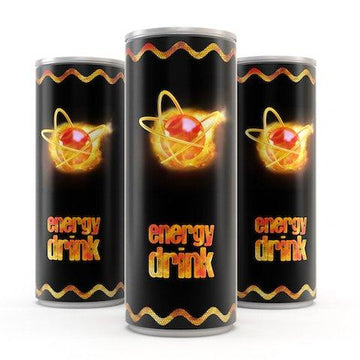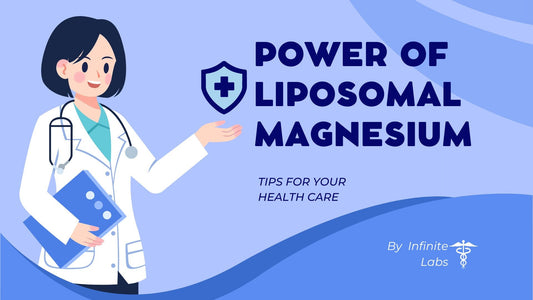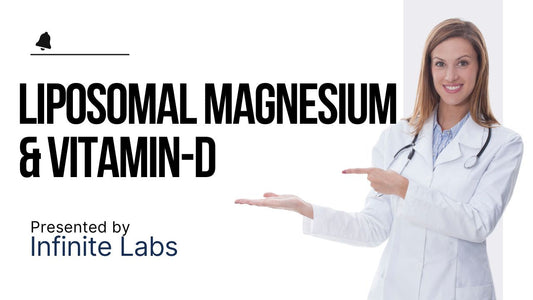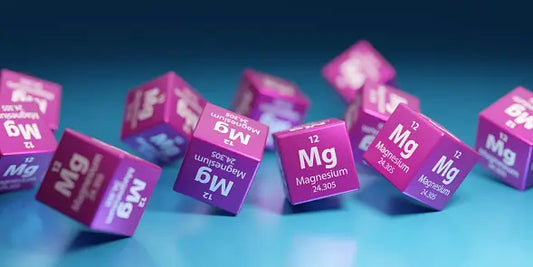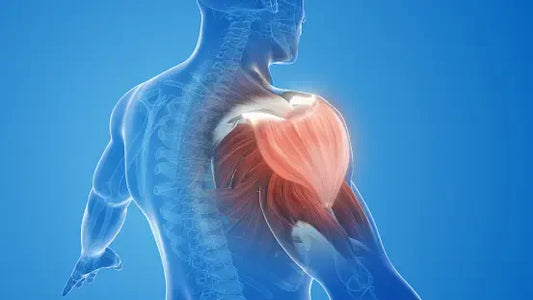

Multivitamins Slash Death Risk
Table of Contents
| Multivitamins Slash Death Risk |
Today we have widespread depletion of minerals and other nutrients in crop soils, resulting in deficiencies. Without adequate minerals, vitamins become worthless. And the average American diet consists of mostly processed, genetically modified, refined, transported, stored, cooked, and packaged food that no longer has integrity, and in some cases is almost worthless. With that being said, taking multivitamins should not make up for nutritionally poor meals. A whole foods diet should still be the foundation of nutrition. Whole foods provide the best synergies of nutrients and create in you a life force that can never be replicated by swallowing a few capsules. Supplements should be what the name implies – something you take to supplement a whole foods diet.
Some people may think that their diet supplies all the vitamins and minerals they need but a recent study suggests that a good multivitamin can slash the risk of death in women. A study of nearly 9,000 adults followed the participants for nearly two decades to see whether or not multivitamin usage played a role in heart health. Among women taking multivitamin-mineral supplements for at least three years was associated with a 35 percent lower risk of dying from heart disease. It’s interesting to note that only those taking multivitamin mineral supplements experienced the benefit, and they had to take them for three years or more. This suggests the minerals may be of crucial importance, and also that it’s not a quick fix or a cure-all by any means. Dietary supplements are intended to be just that… a supplement to a healthy lifestyle. It cannot take the place of healthy eating, but it can support it.
 The same can be applied to men as well. Men consuming a multivitamin each day showed an 8% reduction in risk of cancer across the board. Scientists from Brigham and Women’s Hospital in conjunction with those at Harvard Medical School used data from the Physicians’ Health Study II, a large-scale, randomized, double-blind, placebo controlled investigation of 14,641 male physicians in the U.S., initially aged 50 or older, with a mean age of 64.3 years. These men were followed from 1997 through June 1, 2011. Findings were published in the Journal of the American Medical Association (JAMA).For the research, participants were divided into two matched groups in terms of medical history and risk factors for cancer. One group took a daily multivitamin throughout the study period, while the other group took a placebo. Dr. Howard Sesso, one of the lead researchers said: “Many studies have suggested that eating a nutritious diet may reduce a man’s risk of developing cancer. Now we know that taking a daily multivitamin, in addition to addressing vitamin and mineral deficiencies, may also be considered in middle-aged and older men.” The same can be applied to men as well. Men consuming a multivitamin each day showed an 8% reduction in risk of cancer across the board. Scientists from Brigham and Women’s Hospital in conjunction with those at Harvard Medical School used data from the Physicians’ Health Study II, a large-scale, randomized, double-blind, placebo controlled investigation of 14,641 male physicians in the U.S., initially aged 50 or older, with a mean age of 64.3 years. These men were followed from 1997 through June 1, 2011. Findings were published in the Journal of the American Medical Association (JAMA).For the research, participants were divided into two matched groups in terms of medical history and risk factors for cancer. One group took a daily multivitamin throughout the study period, while the other group took a placebo. Dr. Howard Sesso, one of the lead researchers said: “Many studies have suggested that eating a nutritious diet may reduce a man’s risk of developing cancer. Now we know that taking a daily multivitamin, in addition to addressing vitamin and mineral deficiencies, may also be considered in middle-aged and older men.”
|
Here are a few other studies to show the benefits of multivitamin use:
- JAMA 2012: Multivitamin supplements were found to reduce cancer risk by eight percent.
- International Journal of Cancer 2011: A mere 10 ng/ml increase in serum vitamin D levels was associated with a 15 percent reduction in colorectal cancer incidence and 11 percent reduction in breast cancer incidence.
- American Heart Journal 2011: Each 20 micromole/liter (µmol/L) increase in plasma vitamin C was associated with a nine percent reduction in heart failure mortality.
- International Journal of Cancer 2011: This study found that gamma-tocotrienol, a cofactor found in natural vitamin E preparations, decreases prostate tumor formation by a respectable 75 percent.
- International Journal of Cancer 2008: Here, 300 IUs of vitamin E per day reduced lung cancer risk by 61 percent.
- Scientists from the National Institute for Environmental Health Sciences at the National Institutes of Health, have reported that multivitamin use strengthens telomeres. Telomeres are active in keeping chromosomes healthy.
- vitamin/mineral supplementation was associated with better survival and quality of life in that cohort.



